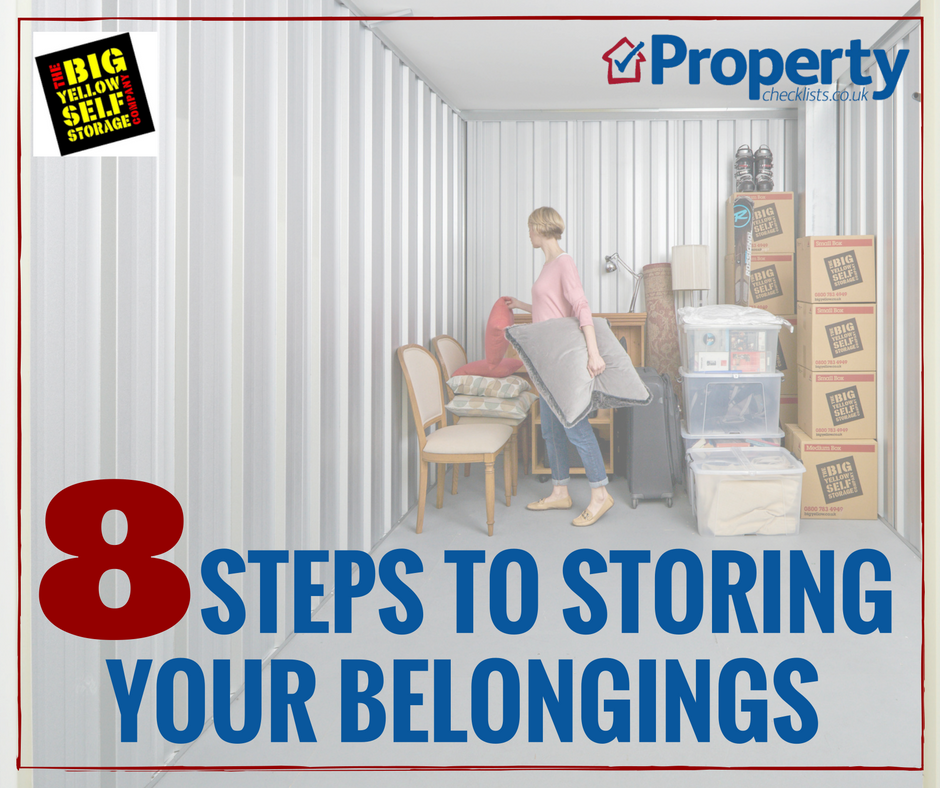(listen to Kate here: approx 15 mins in)
Stamp Duty is a tax paid by buyers when they purchase a home. The rates differ depending on which country you are in:-
Up until Wednesday 8th July 2020, you pay zero stamp duty if:-
Above these amounts the tax you pay then rises, so for example, in England for homes bought up to £250,000, you’d pay 2% of the amount between £125,000 and £250,000, so a maximum of £2,500.
Here are the rates up to July 2020:-
England
Wales
Scotland
Second homes in England have a 3% additional charge over and above the Stamp Duty rates main home owners pay, and in Scotland it’s 4%.
First time buyers are typically exempt from Stamp Duty up to £300,000 in England; £175,000 in Scotland and in Wales most first time buyers pay an average of £135,000, so their needs are met via the £180,000 exemption (as are 65% of all buyers in Wales).
What’s changed?
In England, you now pay no Stamp Duty up to £500,000 IF you only have one property from 8th July to 31st March 2021.
However, as second home owners you will still have to pay the ‘additional’ 3% Stamp Duty. So, if you buy a second home, you will pay 3% for properties sold for more than £40,000 (on the whole property value). This means you would normally have paid £30,000 in Stamp Duty for a property of £500,000 but will now only pay £15,000.
This change is estimated to take 90% of people out of Stamp Duty.
In Scotland, you will pay no Stamp Duty on properties up to £250,000 if you only have one property, and the second homes tax still applies - this applies from the 15th July 2020 to 31st March 2021.
However, unlike England and Northern Ireland, Scotland have also announced that they will put another £50 million for the Scottish Government's First Home Fund which supports first time buyers with up to £25,000 to help them get on the property ladder as a form of ‘shared equity’ type scheme.
This means 80% of people, on average, won’t pay Stamp Duty.
In Wales, the starting threshold for land transaction tax will increase from £180,000 to £250,000 for the residential main rates from 27th July that will last until 31st March 2021.
The new threshold will further reduce the tax burden in Wales. Around 80% of homebuyers liable to the main rates of land transaction tax will not pay any tax. This will be a tax reduction of £2,450 per transaction.
However, this tax reduction will not apply to purchases on additional properties including buy to let and second homes where purchasers will still have to pay the current homeowner rate from £180,000 to £250,000, as well as the additional charge. This isn’t the case in Scotland or England.
Mr Rishi Sunak’s introduction for the need to give the Stamp Duty tax break was that sales in May were 50% down and prices were reported falling for the first time in eight years, suggesting people needed a boost to get back into the housing market.
And although this may be true in a few months time, currently the property market is anything but in the doldrums. Rightmove shows data suggesting people are offering much closer to the asking price than they were before lockdown and Richard Donnell from Hometrack – typically pretty good at forecasting what happens next in the property market – suggests that prices over the next quarter will rise by 2-3%. Talk to anyone ‘on the ground’ and they can’t sell properties fast enough at the moment (in England).
Add to this that:-
On the other hand, it will help those that had planned to move to may be bring forward renovations or spend more on moving, which will help to stimulate the economy.
However, for those who are buying now, they may just end up paying more for a property because they don’t need to pay Stamp Duty, and in my view, it may bring some sales forward, but that’s all it will do, it will just ‘push back’ the price and volume falls that are being predicted. It's unlikely to really create more sales in the long term in my view.
Who will benefit?
According to Hometrack’s extensive report on Stamp Duty, it’s a Southern tax with 61% of people in London and the South East paying the £8.3bn in 2018/9 it raised.
22% of the 1 million residential transactions that took place in England in FY 2018/19 were liable for the additional 3% HRAD levy.
However, for 15% of people buying homes it won’t make a blind bit of difference. The North West and Yorkshire account for half of these sales.
In the City of Nottingham where I hail from, buyers paying the average £143,500 for a property will save an ‘enormous’ £370!
The tax break will very much help Londoners and those in the South East, as well as wealthy buyers in the rest of the UK. It will help few first time buyers, few people worried about repossession due to job loss and of course does nothing for renters.
For me, the housing market currently needs three things:-
So, to be honest I would have liked first time buyers to be looked after first, then homeowners in trouble and renters, offering the Stamp Duty holiday perhaps at the start of September.
And one thing the government needs to think about is how they are going to stop the rise of the rental market during this recession that caused an increase in the rental sector from 12.7% of the housing market to 20% during the credit crunch.
Having just reversed the trend in the growth of the rental market over the last few years in favour of home ownership, with the Stamp Duty holiday being applied to investors too, this could end up ruining the hard work done to date and cause a rise in the rental market, so much so that the proportion of those renting in some areas will rise higher than the proportion of those who actually have a mortgage.
What’s your thoughts? Do contact us.
|
Big Yellow |
Drain maintenance and pipe repairs - Direct Line for Business |
Coreco |
 |
 |
 |